Trujillo, Honduras: A Caribbean Destination of Culture, Nature, and Hidden Treasures
On the northern coast of Honduras lies Trujillo, a picturesque town where lush jungles meet golden beaches, and the vibrant Garifuna culture blends with colonial history. It’s a destination for explorers, romantics, eco-travelers, and culture lovers—offering a unique journey through time, heritage, and nature’s untouched beauty.
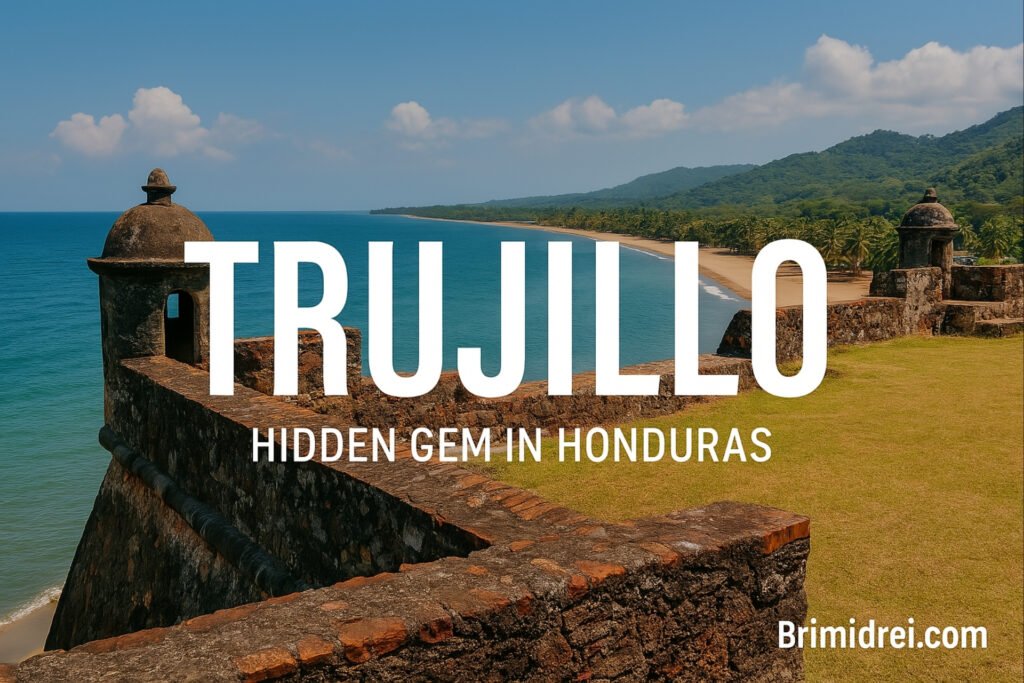
Table of Contents
- Attractions and Experiences in Trujillo
- How to Get There
- Useful Travel Tips
- Recommended Accommodations or Tours
- Shareable Quote
- Conclusion
- Contact Page Link
- Share the Adventure
Attractions and Experiences in Trujillo
Trujillo’s charm lies in the diversity and authenticity of its attractions. From ancient forts to Afro-Caribbean rhythms, here’s everything you shouldn’t miss—described in depth to help you live the experience before even arriving.
Fortaleza de Santa Bárbara
Perched atop a hill with sweeping views of the bay, the Fortaleza de Santa Bárbara was originally built by the Spanish in the 16th century to guard against pirate invasions. Walking through its thick stone walls, you’ll feel the weight of colonial history—cannons still point toward the sea, and plaques explain key battles and occupations, including its use by the British and Americans. It now houses a small museum showcasing indigenous artifacts and colonial relics. A visit here is both scenic and deeply educational.
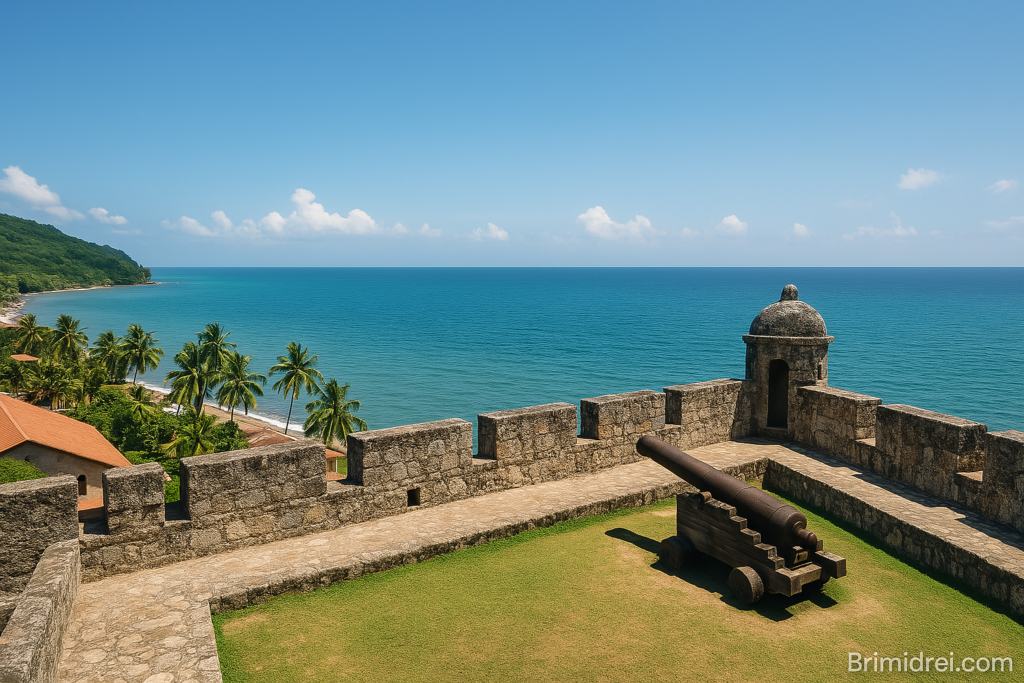
Trujillo Bay
This crescent-shaped bay is the town’s heart. Calm turquoise waters gently lap the shore, lined with palm trees and beachside huts. It’s perfect for swimming, paddleboarding, or simply watching fishermen pull in their catch. The bay is especially magical at sunset, when the sky turns orange and pink—a peaceful, romantic experience that captures the soul of the Caribbean.
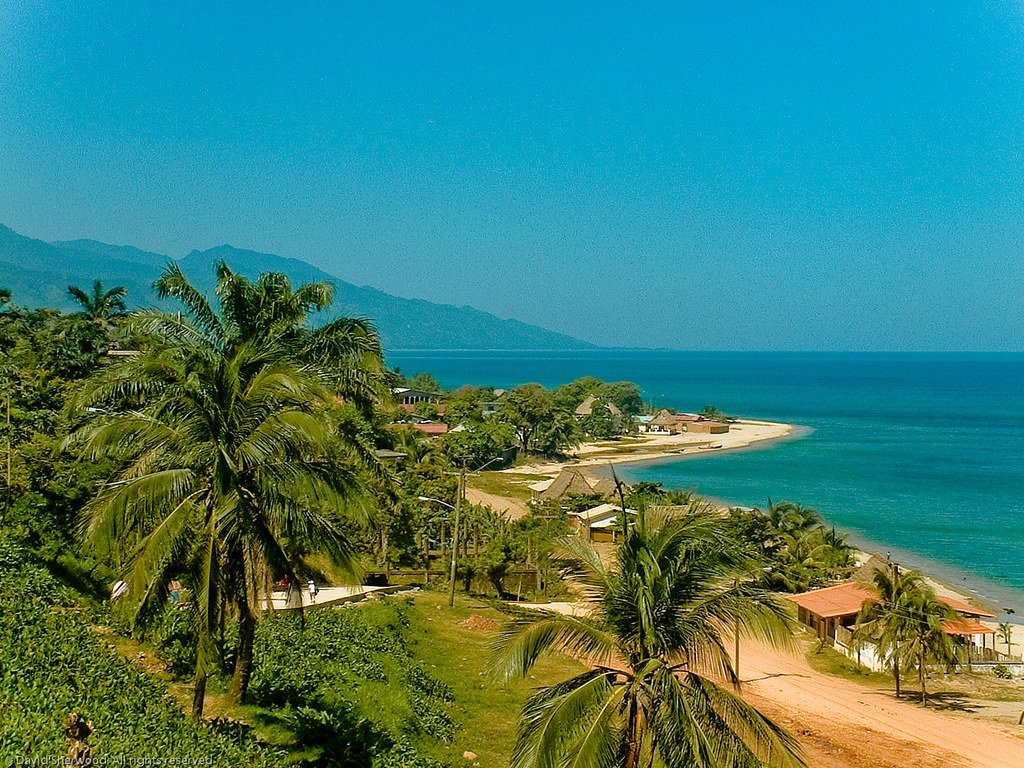
Capiro and Calentura National Park
Nature lovers will find paradise in Capiro and Calentura, a protected rainforest area that rises dramatically behind the town. The park offers challenging hikes up Cerro Calentura, a mountain that reaches over 1,200 meters above sea level. Along the trails, expect sightings of monkeys, toucans, and orchids. At the summit, you’ll be rewarded with a panoramic view of the entire bay, framed by lush greenery and coastal winds. Entrance: around $3 USD.
Guaimoreto Lagoon Wildlife Refuge
Just 10 minutes from downtown, this tranquil lagoon is a sanctuary for biodiversity. Kayak tours glide you through mangroves while expert guides point out herons, iguanas, and—if you’re lucky—manatees. Tours cost between $25–40 USD, including equipment and guide. The peaceful paddle through narrow channels is a meditative and immersive eco-experience.
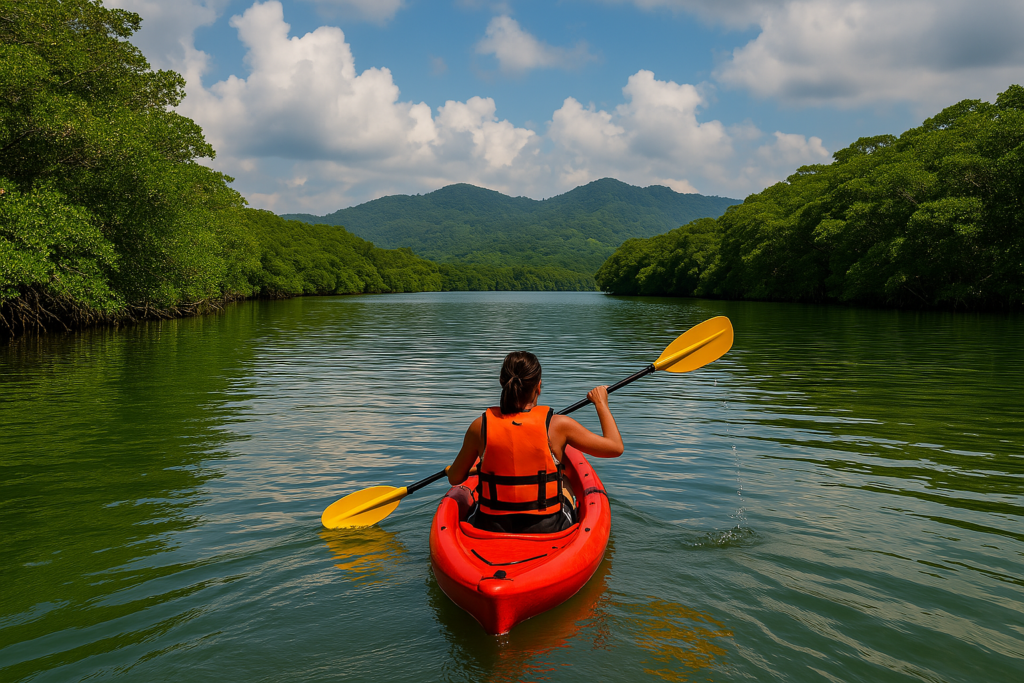
Garifuna Villages: Santa Fe and Guadalupe
The Garifuna people are a cornerstone of Trujillo’s cultural identity. In Santa Fe and Guadalupe, you can experience live punta dancing, drumming circles, and traditional foods like machuca (mashed plantain with coconut soup) and tapado. Many locals welcome visitors into their homes or community centers to share stories passed down for generations. It’s an opportunity for genuine cultural exchange and appreciation.
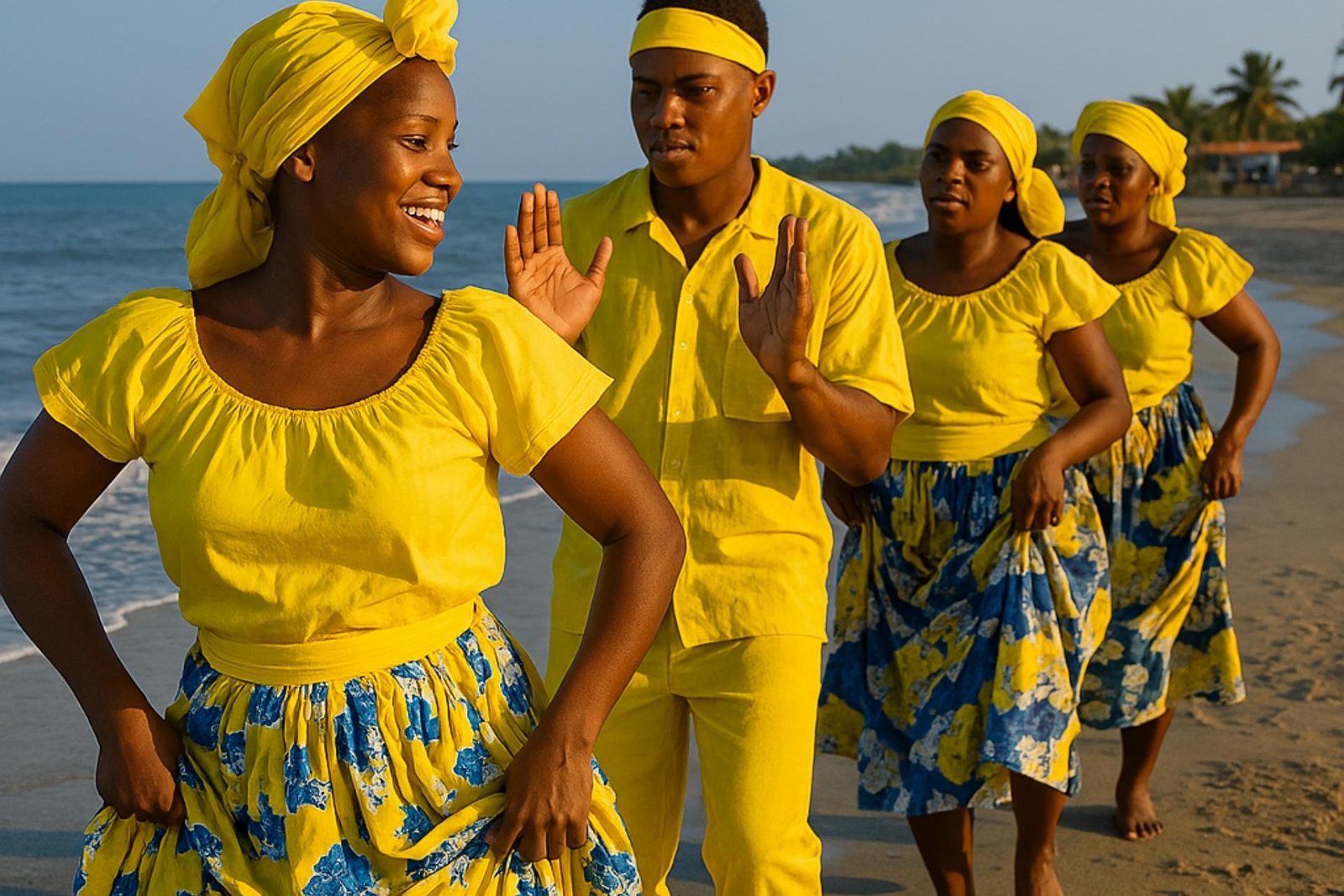
Trujillo Central Market
Small but lively, the central market offers everything from handmade coconut shell jewelry to colorful woven bags and wood carvings. It’s a great place to support local artisans and bring home unique souvenirs that reflect the spirit of Trujillo.
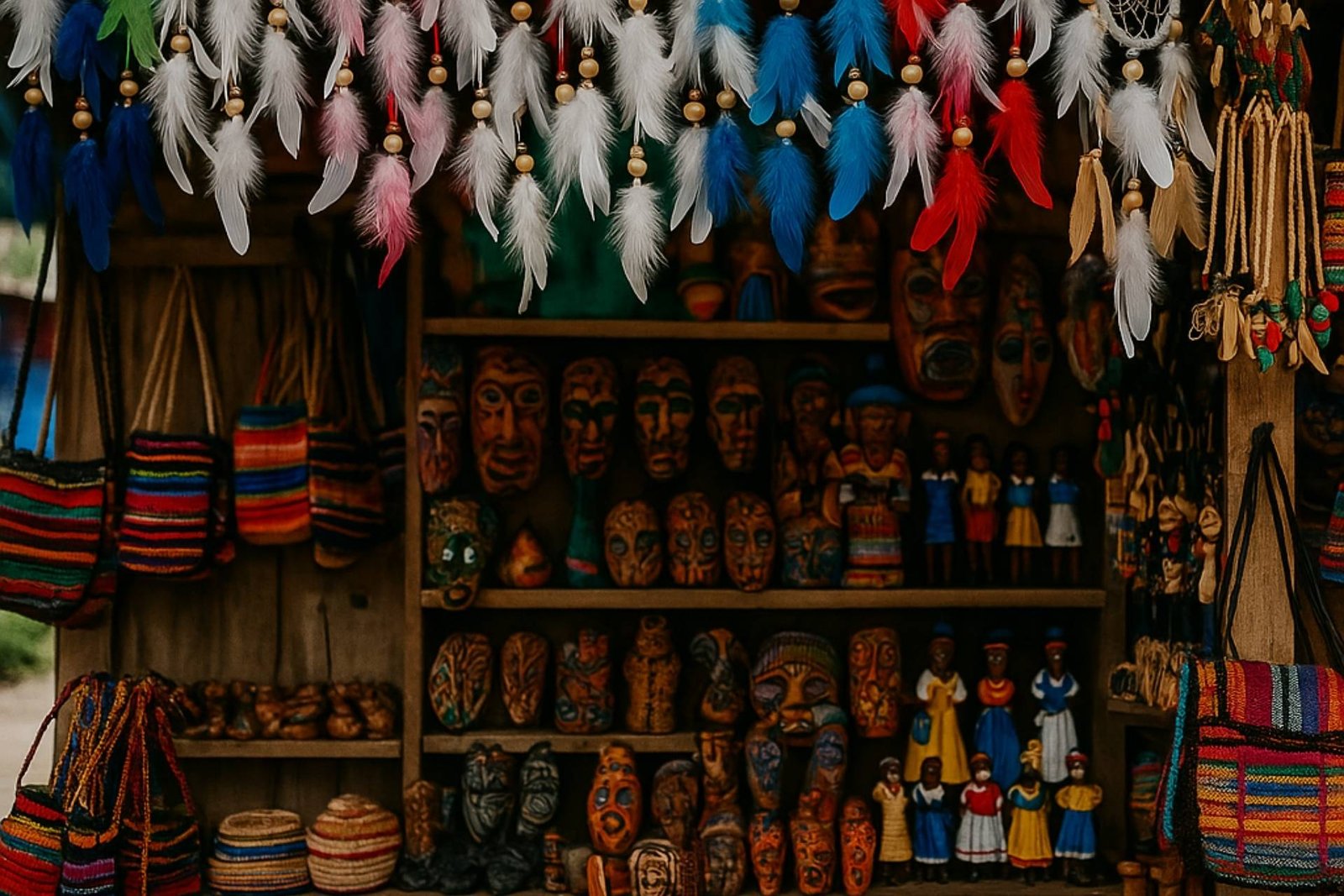
Coco Loco Beach Bar
Looking for nightlife? Coco Loco is the place to be. On weekends, this beach bar comes alive with Garifuna music, grilled seafood, and travelers from around the world sharing drinks under the stars. Expect to pay $3–5 USD for beers and $10–15 USD for full meals.
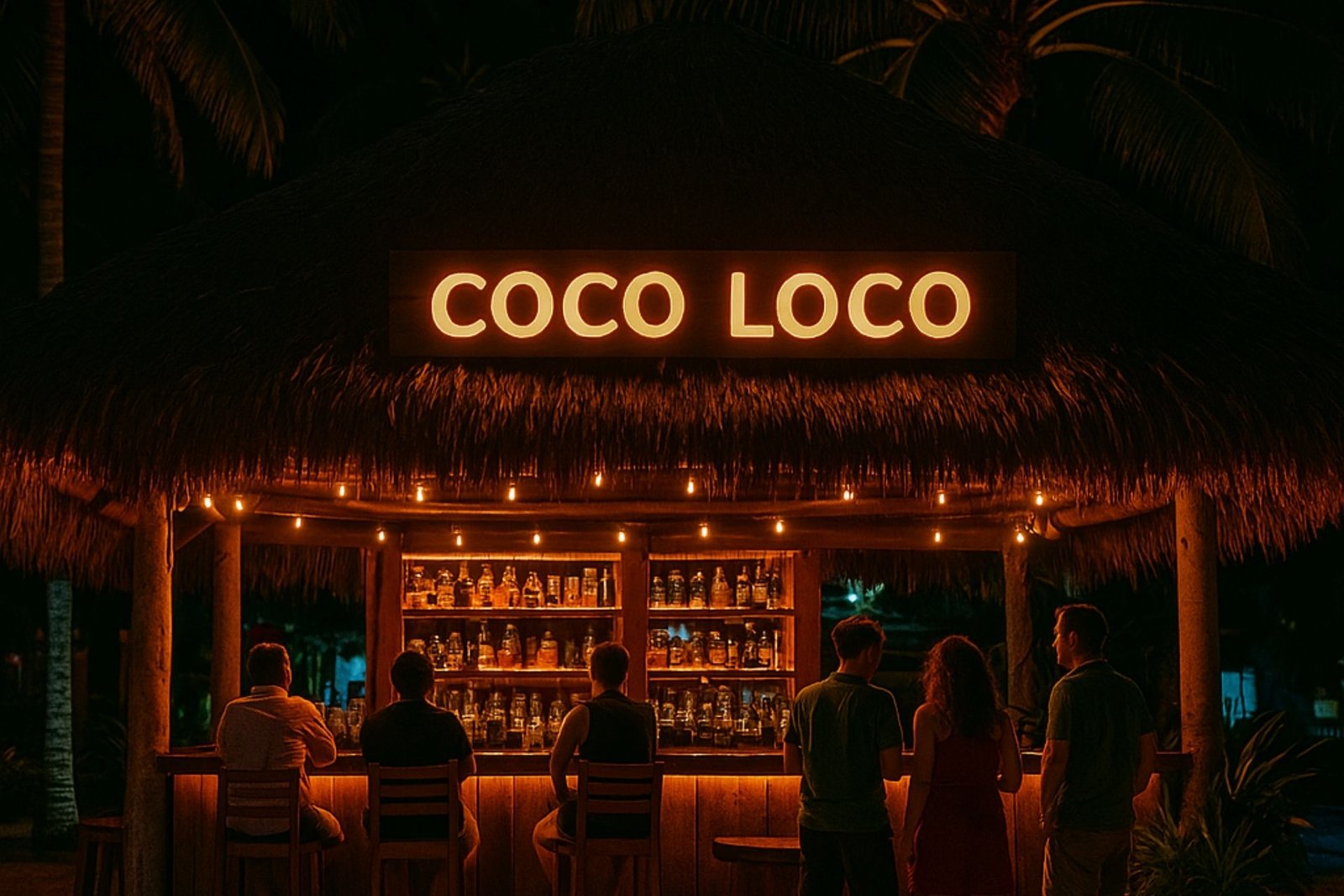
How to Get There
Trujillo is accessible via road from San Pedro Sula, Tegucigalpa, and La Ceiba. While there’s no direct commercial airport, you can fly into La Ceiba and take a 3-hour drive to Trujillo. Buses from Hedman Alas or local services are also available, though travel times vary.
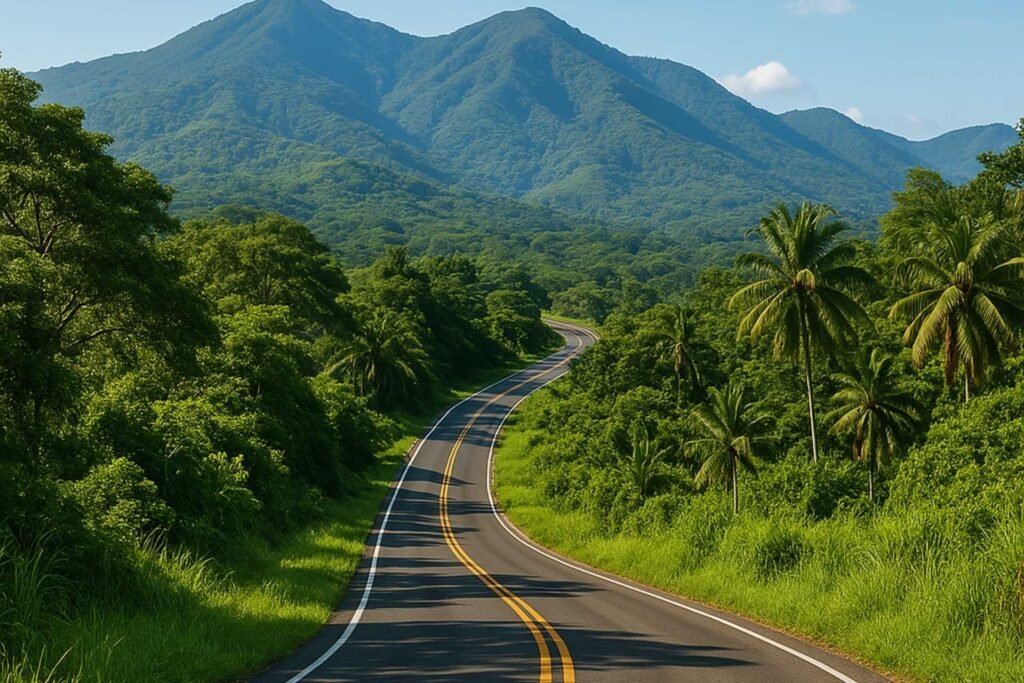
Useful Travel Tips
- Best time to visit: February to June for sun and dry trails.
- What to pack: Light clothes, hiking shoes, sunscreen, mosquito repellent, and cash in small denominations.
- Currency and payment: USD is widely accepted. ATMs are available but limited. Credit cards only at major hotels.
- Language: Spanish and Garifuna are dominant. English is spoken at hotels and tourist spots.
- Local customs: Be respectful during cultural performances. Ask permission before taking photos of people.
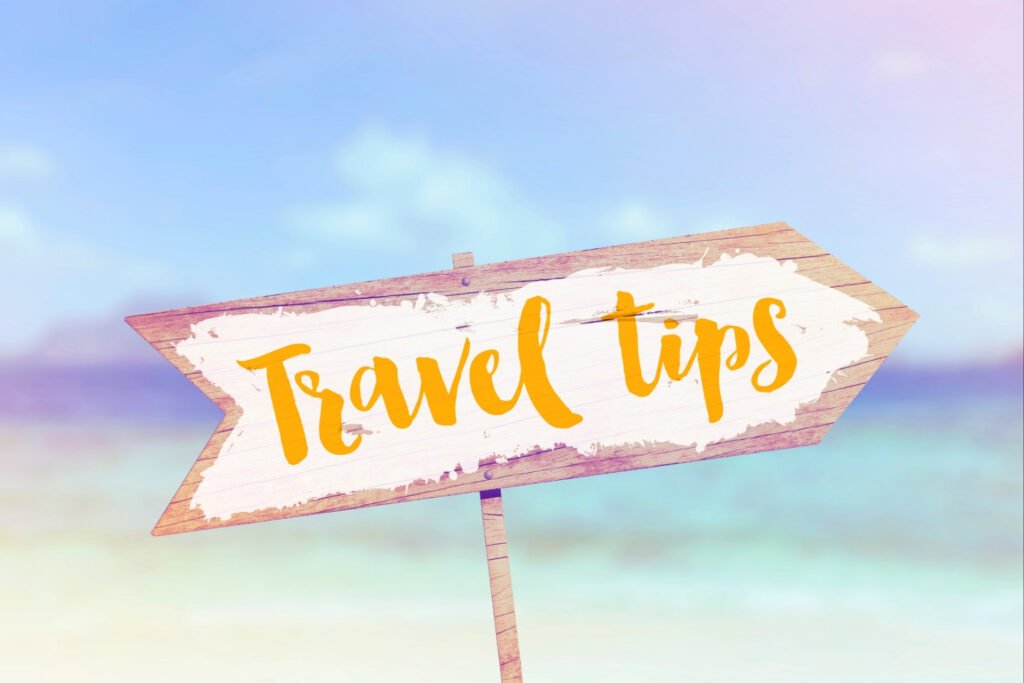
Recommended Accommodations or Tours
- Casa Alemania – German-run guesthouse with ocean views, breakfast included. ($55–65 USD/night)
- Banana Beach Resort – Beachfront bungalows, pool, and restaurant. ($95–110 USD/night)
- Campamento Trujillo – Budget-friendly and surrounded by forest. ($40–50 USD/night)
- EcoTours Trujillo – Garifuna experiences, lagoon kayaking, jungle hikes. ($25–60 USD/person)
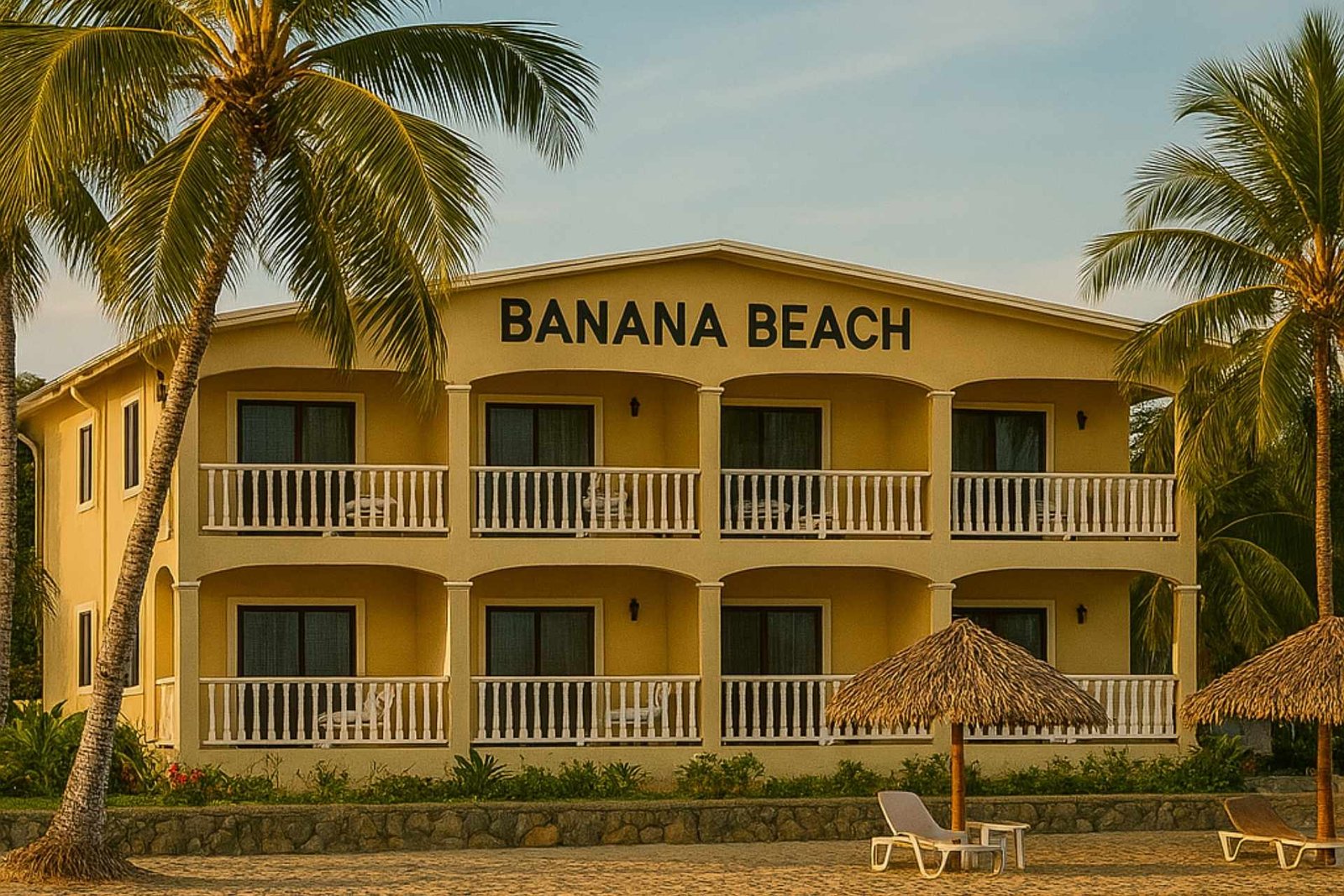
Shareable Quote
“Visiting Trujillo is like discovering a forgotten corner of paradise.”

Conclusion
Trujillo isn’t just a place—it’s a feeling. A mix of sea breeze, drumbeats, colonial walls, and rainforest trails. Whether you’re watching the sunset at the bay, eating coconut stew in a Garifuna village, or standing at the top of Calentura mountain, Trujillo gives you stories to tell for a lifetime. Come here not to escape—but to connect. Share this article with your friends and start planning your adventure in Trujillo today!
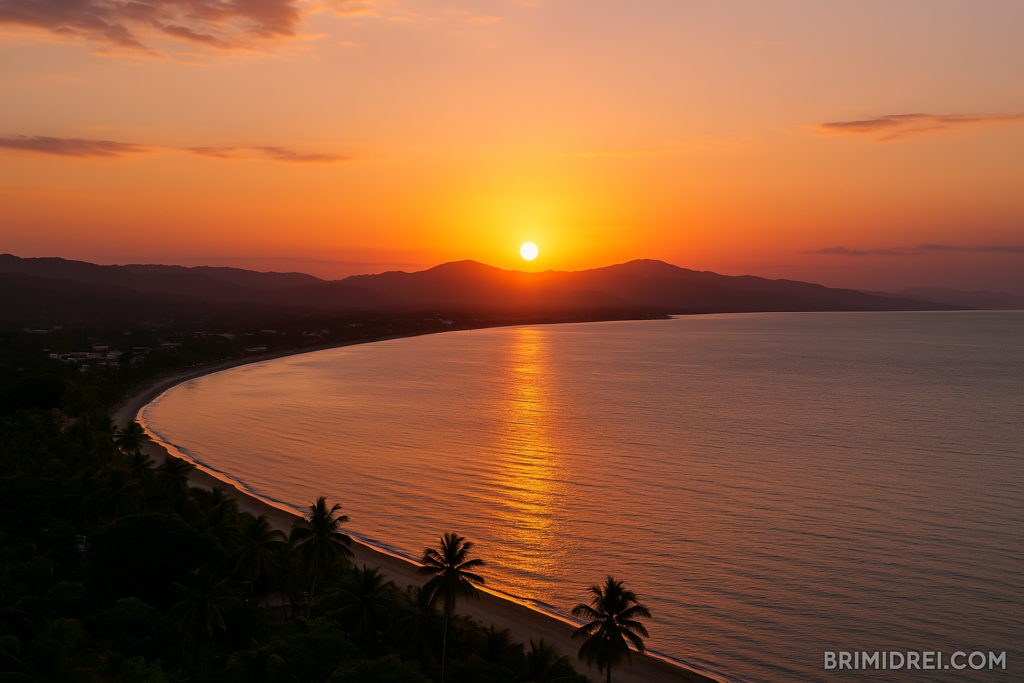
Contact Page Link
Have questions or want to share your Trujillo experience?
👉 Visit my contact page
Share the Adventure
🌴 Ready to explore this Caribbean gem?
Share this article and start planning your journey with Brimidrei.com
